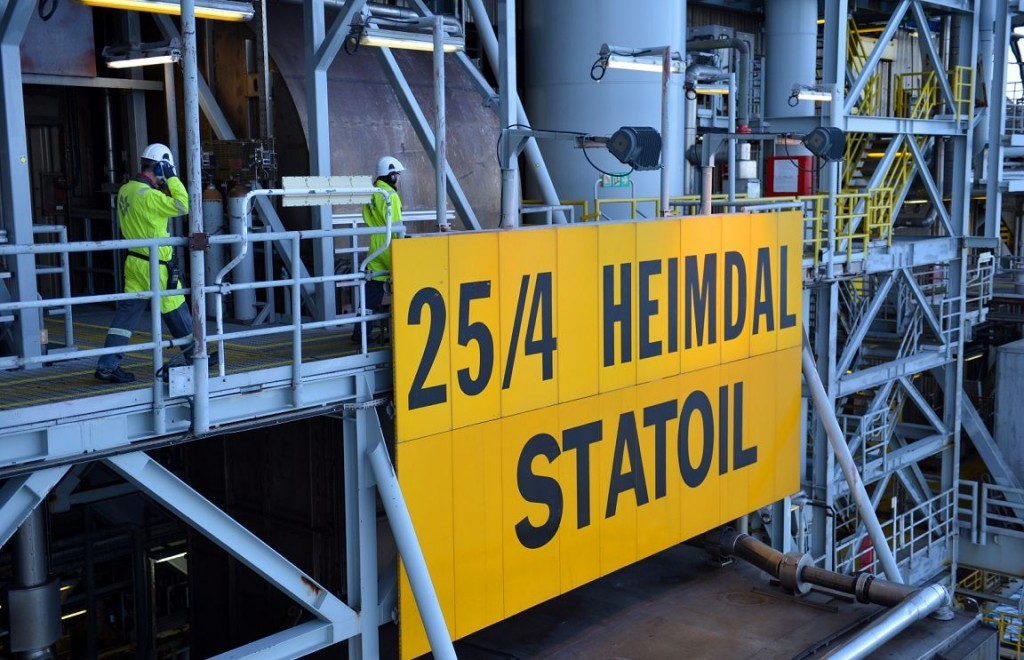
Statoil ASA is seeking clarification on Tanzania’s new petroleum law and wants to learn how it will affect companies like itself already operating in the nation, local commercial manager Oivind Holm Karlsen said.
“We need to go through the law to make sure we have a common understanding of what it is,” said Karlsen in an interview Tuesday in the commercial capital, Dar es Salaam, during a break at a conference. “We need to understand what is the implication and how will the production-sharing agreements that we already have be honored in light of that law.”
Parliament passed the petroleum legislation in July, after repeated delays, ushering in a royalty regime in which energy companies pay 12.5 percent for onshore oil and gas production and 7.5 percent for offshore.
A mooted provision that put the government’s share of profits from output at as much as 85 percent wasn’t included. Under the new rule, profit-sharing rates will be negotiated with the companies.
Tanzania has East Africa’s biggest reserves of natural gas after Mozambique, with new discoveries raising hopes it can become a natural gas exporter with the development of a processing plant and pipeline. The government estimates reserves at 55 trillion cubic feet.
Statoil, working with Exxon Mobil Corp., has made discoveries totaling 22 trillion cubic feet of in-place volumes, according to its website. The government has said those companies along with BG Group and others are involved in a plan to build a liquefied natural gas plant for exports.
Statoil is focusing on moving from the exploration stage to development of its finds, said Karlsen.
“Of course we expect that agreements will be honored. Sanctity of contracts is of course a very important principle,” he said. “But nevertheless, we feel the need to have a process with the government to clarify what this law means.”